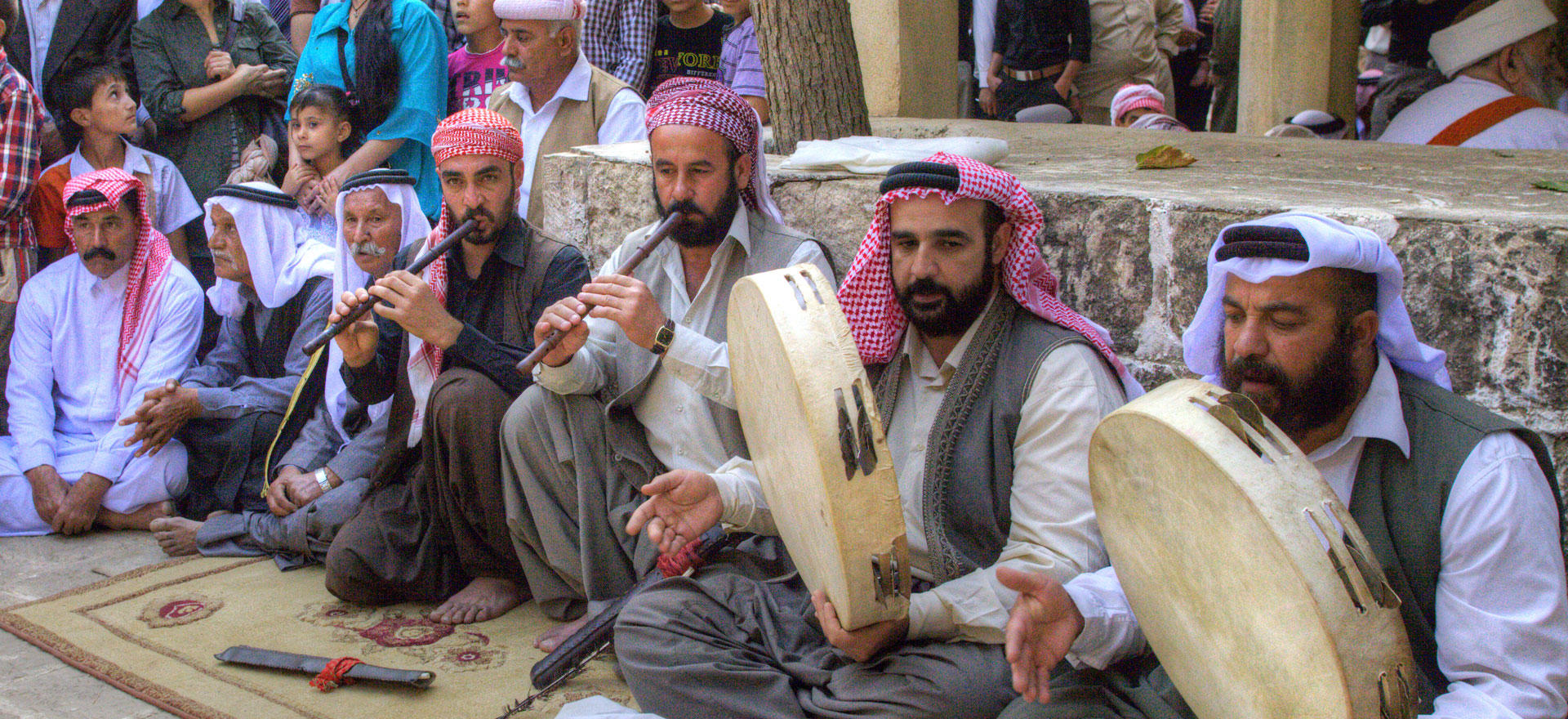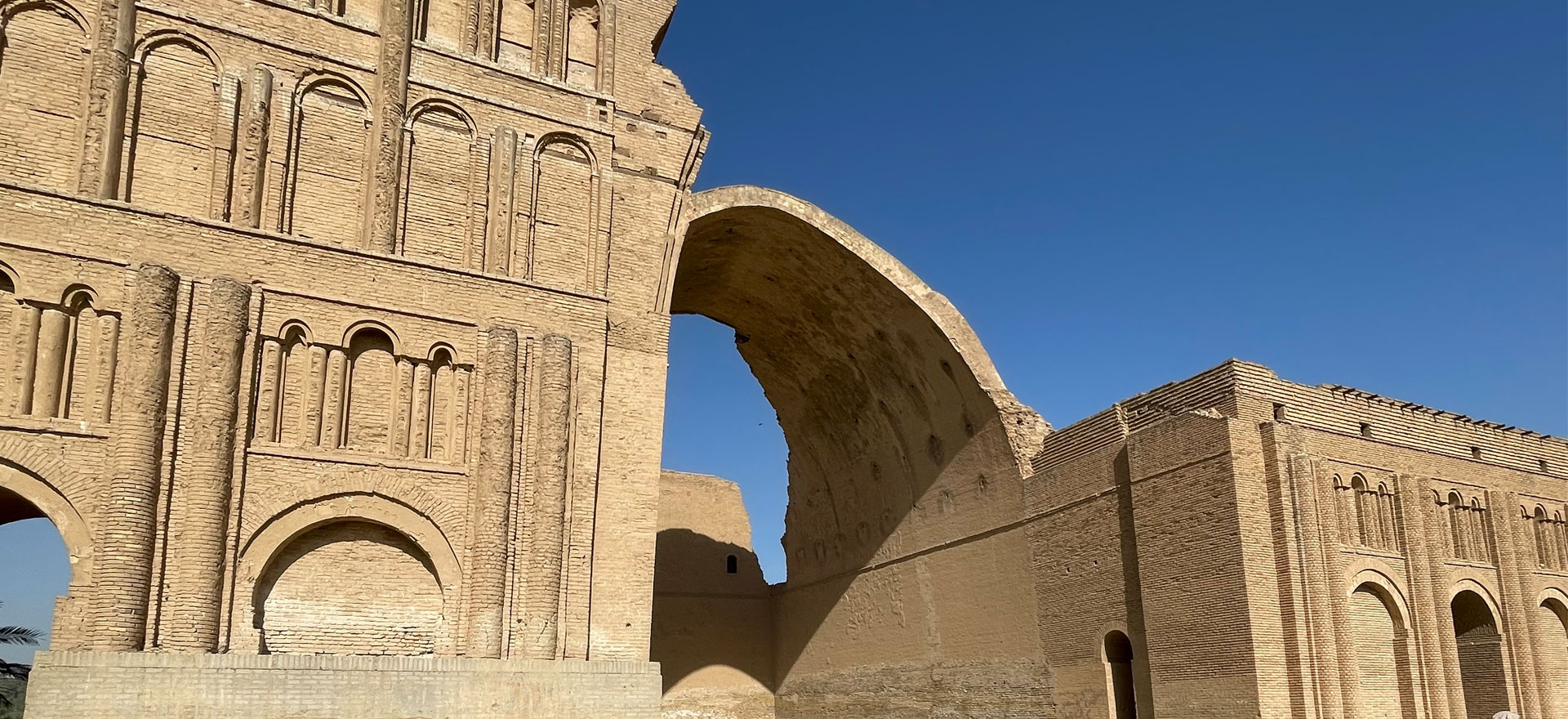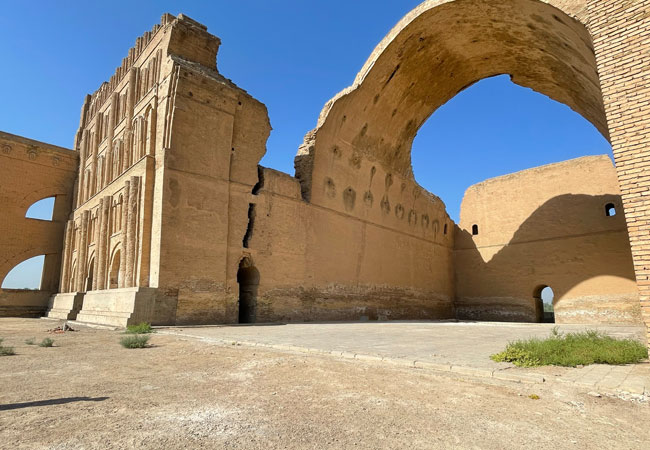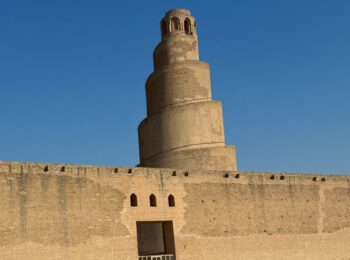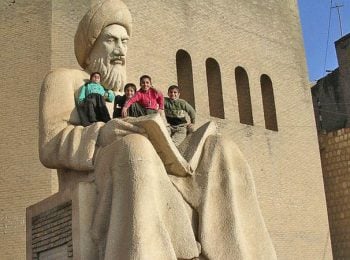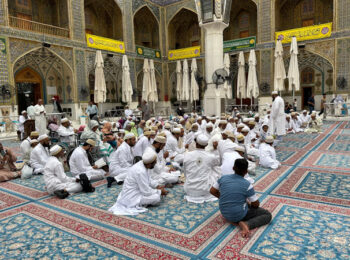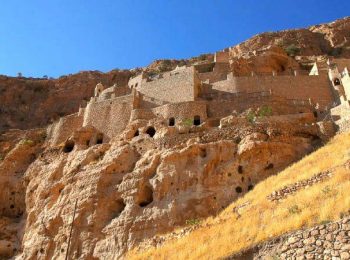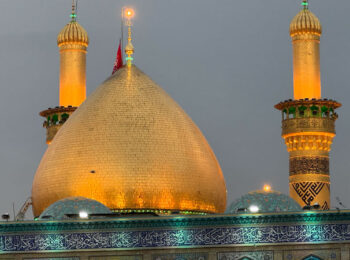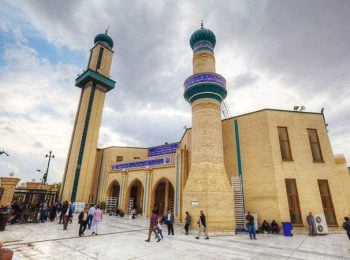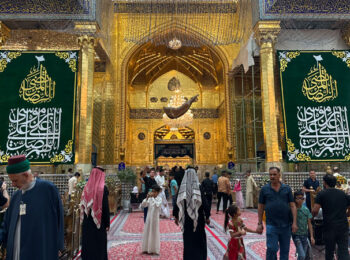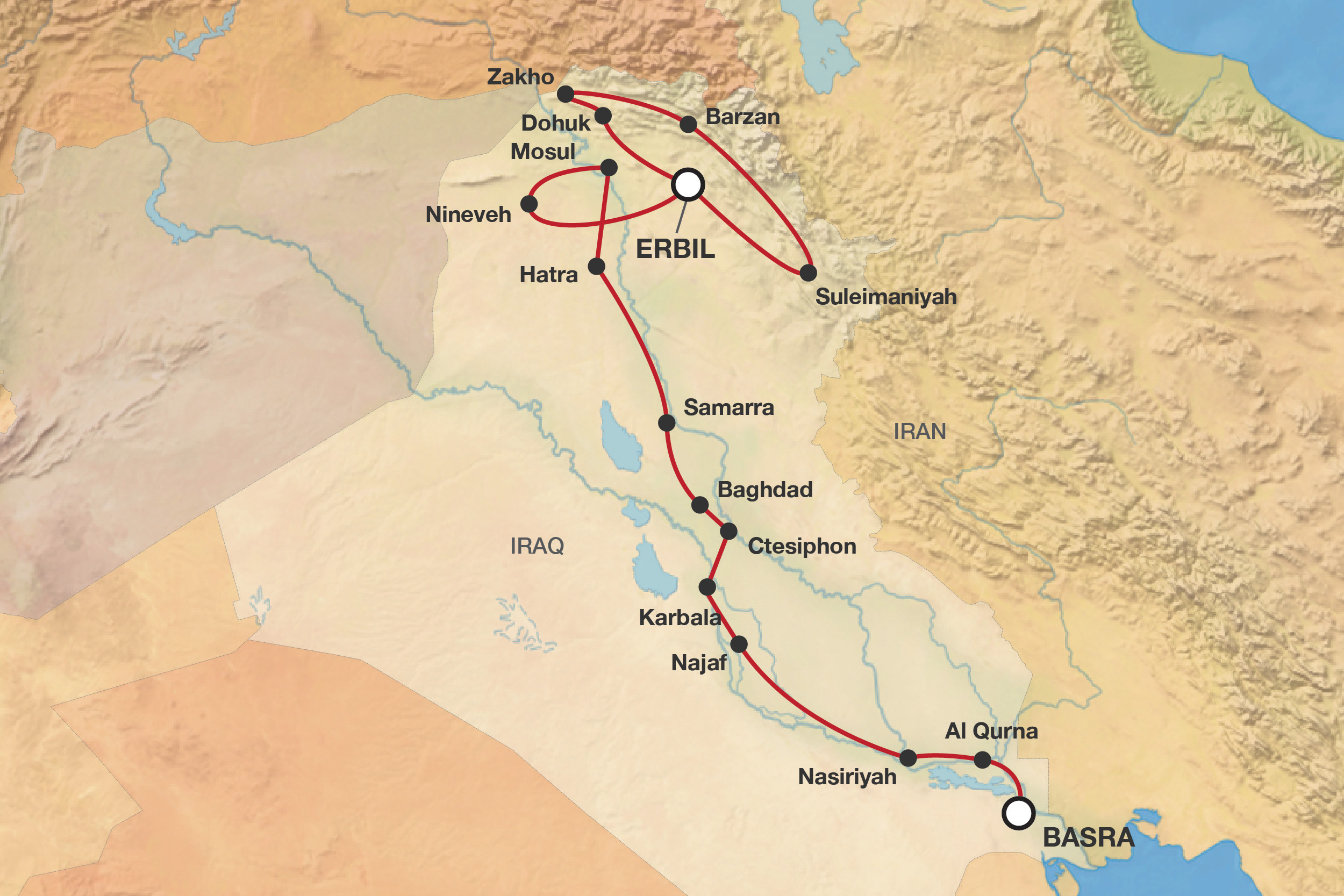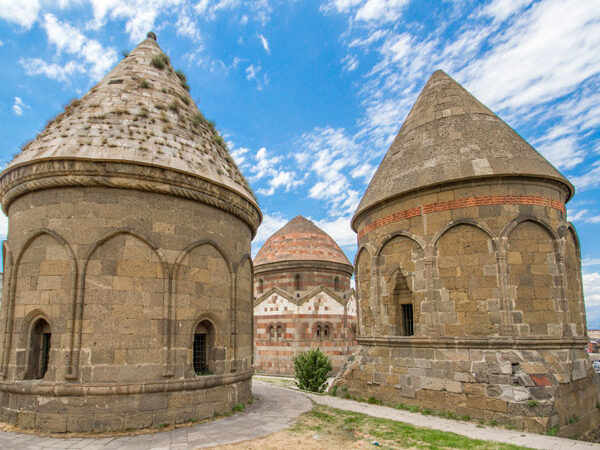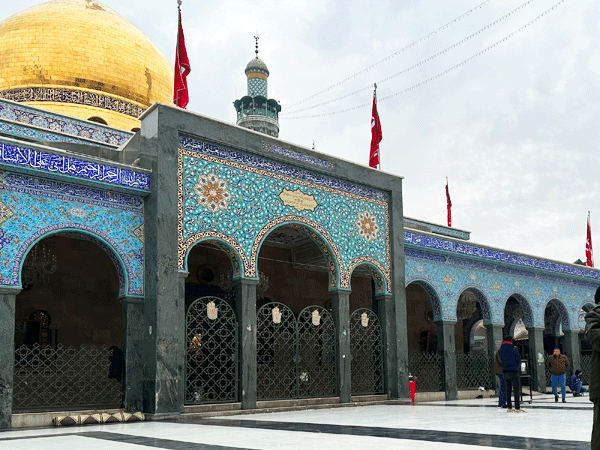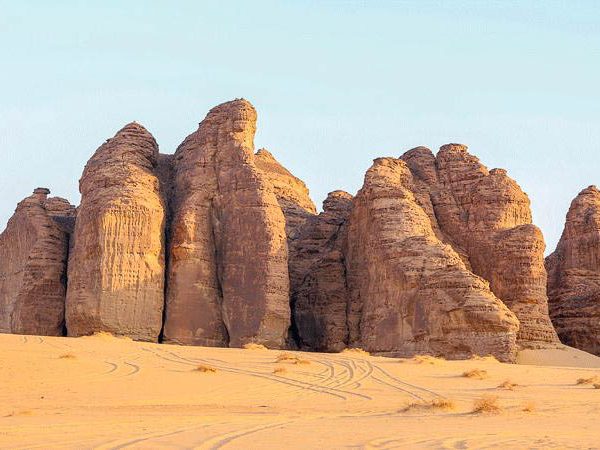From Babylon to Kurdistan
This 16 day tour takes you on a comprehensive journey through both southern and northern Iraq, where every stop uncovers layers of remarkable history and culture. From some of the oldest cities and buildings on earth to the sacred sites of the Shi’a faith, the lands of the Marsh Arabs, and the rich, distinct culture of Kurdistan, you’ll discover an Iraq away from the headlines. This trip uncovers the soul of this exciting land, embarking on a new chapter of its history.
Starting in Basra, we see charming old Ottoman era houses, cruise on the Shatt al Arab, and visit the old town. We then head to the iconic Iraqi marshes, where you’ll meet locals living in traditional reed houses and rediscovering the old ways of life after years of suppression under Saddam Hussein.
Discover ancient sites like Ur and Uruk – some of the earliest cities in the world – as well as Babylon, Ctesiphon and more.
Visit Shi’a shrines in Najaf and Karbala to uncover vibrant local culture, and explore Baghdad, home to great museums and historic streets. Travel north to see the ancient ruins of Samarra, Hatra, and Nineveh, and see how Mosul is starting to rebuild after the ravages of years gone by.
As we journey north to Kurdistan the scenery changes to green hills and mountains. Visit sacred sites like Lalish, charming hilltop towns like Amadiya, and powerful historical sites like the Red House in Suleimaniyah for an insight into Iraq’s tragic recent history. We finish the tour in Erbil, exploring its citadel and colourful markets – and enjoy dinner in a local home.
This is not just a trip – it’s a journey through history, belief, and resilience in a region rich with stories and often overlooked by the world.

